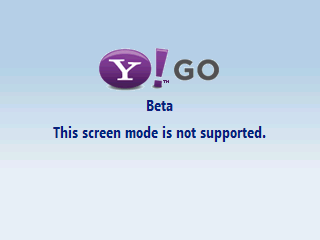I’m still playing around with the idea of podcasts for my two main blogs (this one – MobileViews – and my Freeware/Open Source blog – OgasaWalrus). The Blogr web service that lets me easily post Podcasts and even videos has been a huge factor in working towards this goal. They just applied a fix to let their users email audio files directly from a mobile device and post it as a podcast. I recorded a short audio clip on my T-Mobile Dash and posted it today. You can find all 14 seconds of it at…
MobileViews Mini-cast 4: Blogr email podcast test
There are, however, two problems I need to deal with before I will feel comfortable with the process. First, Windows Mobile smartphones appeared locked in at 11KHz for recordings. I would really prefer to record at 44KHz. Second, even at 11KHz, the resulting WAV file is pretty large (e.g., 14 seconds = 320KB). This can take a long time to upload using the pokey ol’ T-Mobile EDGE network (and, no, I don’t want to move to AT&T Wireless or Sprint/Verizon). So, I need to find an audio recorder that can produce smaller MP3 files. Three apps that look interesting are Resco Recorder, Vito SoundExplorer, and Vito AudioNotes. Unfortunately, only AudioNotes works on a Smartphone. The other two are for Pocket PCs.
Any comments on those three apps would be appreciated. And, any recommendations beyond those three apps would also be appreciated.

